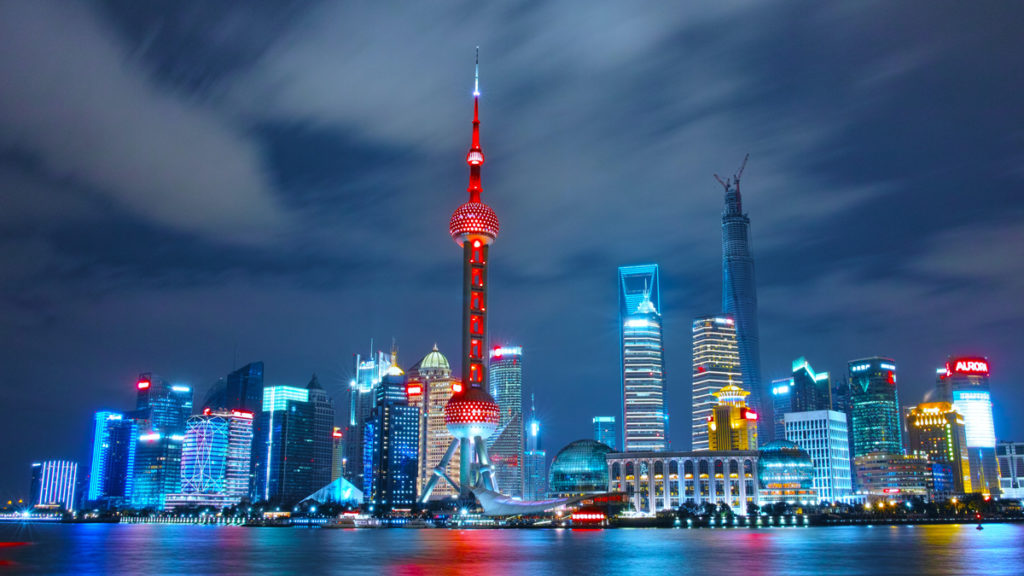Energy is the key, namely Chinese investments in energy technologies across its own “all of the above” energy platform … if we don’t do the same, strategic weakness will follow.
Just a few months following the start of President Trump’s historic confrontation with China, as new tariffs were being slapped on Chinese goods, Chinese President Xi Jinping laid out his strategy for geopolitical dominance. It was May 2018, and although his speech was not widely reported at the time (it took weeks for the translation to be fully published by researchers at Standford University), it represented a new challenge to the West. President Xi outlined his vision to supplant the United States:
“We must strive to become the world’s main center of science and the high ground of innovation,” Xi said. Xi further denounced the U.S.’s status as the global superpower and highlighted what he said were the keys to unseating American superiority: CCP (Chinese Communist Party) innovation in “artificial intelligence, quantum computing, telecommunications, biotech, integrated robotics, and high-efficiency sustainable energy technologies” … among others.
A recent analysis by National Review titled “Why We Might Lose a War with China” highlights the work product of so much new innovation: a growing threat from the Chinese Navy, which boasts many new ships and advanced weaponry … much of which is currently aimed at Taiwan.
What is fueling the Chinese “great leap” in high-tech innovation? Energy is the key, namely Chinese investments in energy technologies across its own “all of the above” platform.
Chinese innovation in the clean energy market is of particular interest: CCP nuclear power investments, for example, have long surpassed American nuclear endeavors as China has “… connected 33 new nuclear power plants to its grid in the past 28 years” which is a 5-fold increase over non-existent American nuclear investments witnessed during the same period. Similar advances can be seen in wind, solar, and biomass energy, where Chinese developers are scrambling to build fast enough to manage new government investments in this space.
As the Brookings Institution has noted,
“It is increasingly clear to most observers that China is pursuing a robust, state-backed effort to displace the United States from global technology leadership. This effort is not driven entirely by commercial considerations but geopolitical ones as well. Beijing believes that the competition over technology is about more than whose companies will dominate particular markets. It is also about which country will be best positioned to lead the world.”
Or, to win the next great power conflict.
How could we lose a war with China? By failing to match China’s commitment to “all of the above” technological innovation, including in the clean energy space.
